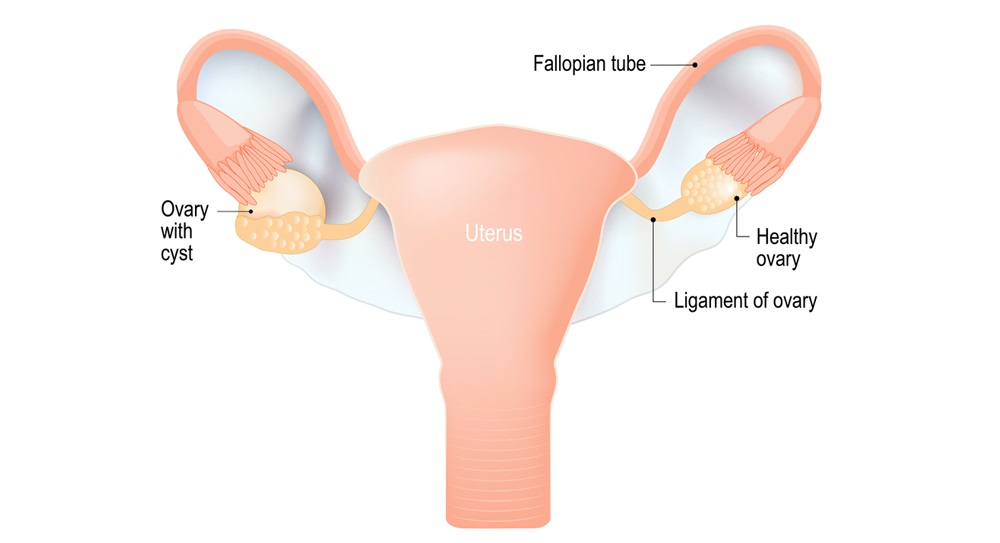-
 Toll Free No 9146-744-744
Toll Free No 9146-744-744 - Appointment
Any pregnancy which comes following a long wait, carries a major risk factor, or has been induced by medical treatment like IUI, IVF, TEST TUBE BABY.
Any pregnancy with diabetes, thyroid disorder, hypertensive disorder, cardiac arrhythmia, asthma, thromboembolism, UTI (recurrent), sickle cell anemia, seizures.
Before conception- Take the advice of your healthcare provider in case of bad obstetrics history and marriage in blood relation.
Plan your pregnancy naturally immediately after marriage and take healthy and balanced diet with exercise.
It starts on the first day of your last menstrual period and goes until the 13th week of pregnancy.
Symptoms
Investigation
Care –
Eat healthy food, fruits, meat, and eggs, and drink plenty of water
It starts from the 14th week to the 26th week of pregnancy.
Symptoms
Investigation
Investigation in 20th week
Care –
It starts from the 27th week to the 36th week of pregnancy.
Symptoms
Investigation
Care –

When you begin to feel persistent contraction followed by per vaginal birth of baby and removal of placenta and endometrial lining.
Delivery of baby with labor analgesia (Epidural) is a technique where a very specific concentration of a drug is used. The drug reduces the pain and maintains the ability to push the baby out through the birth canal.
Commonly used type of cesarean section. Deliver the baby by a transverse incision made in the lower uterine segment above the attachment of the urinary bladder to the uterus.
After delivery, the baby is handed over to a pediatrician for further care and treatment (if necessary).


>95% of preterm infants who receive modern neonatal and paediatric care now survive into adulthood.
A premature birth means a baby is born too early. The birth takes place before the 37th week of pregnancy.
It is also known as Gestational Hypertension, happens when you only have high blood pressure during pregnancy and do not have protein in your urine or other heart or kidney problems. It is typically diagnosed after 20 weeks of pregnancy or close to delivery. Gestational hypertension usually goes away after you give birth.
During pregnancy, your body makes more hormones and goes through other changes, such as weight gain. These changes cause your body's cells to use insulin less effectively, a condition called insulin resistance. Insulin resistance increases your body's need for insulin
No, you can't get rid of gestational diabetes once you have it.
It's recommended to get tested for diabetes within 12 weeks after your baby is born.
Preeclampsia is a serious medical condition that can occur about midway through pregnancy (after 20 weeks) caused by the placenta not developing properly due to a problem with the blood vessels supplying it. This condition needs to be treated by a healthcare provider.
Most women with heart disease can safely become pregnant and have a healthy baby. But cardiovascular disease during pregnancy sometimes leads to serious complications and needs to be treated by a healthcare provider.
Women with hematologic (blood) conditions, including inherited and acquired blood disorders, can face unique challenges during pregnancy. Pregnancy increases the risk of clotting, and delivery itself can increase risks of hemorrhage in patients with coagulation disorders.
OUR PROCESS IS EASY contact us for More information.
Copyright © 2023 hospione.com - All Rights Reserved | Developed by Digital Marketing StudioGenix LLP